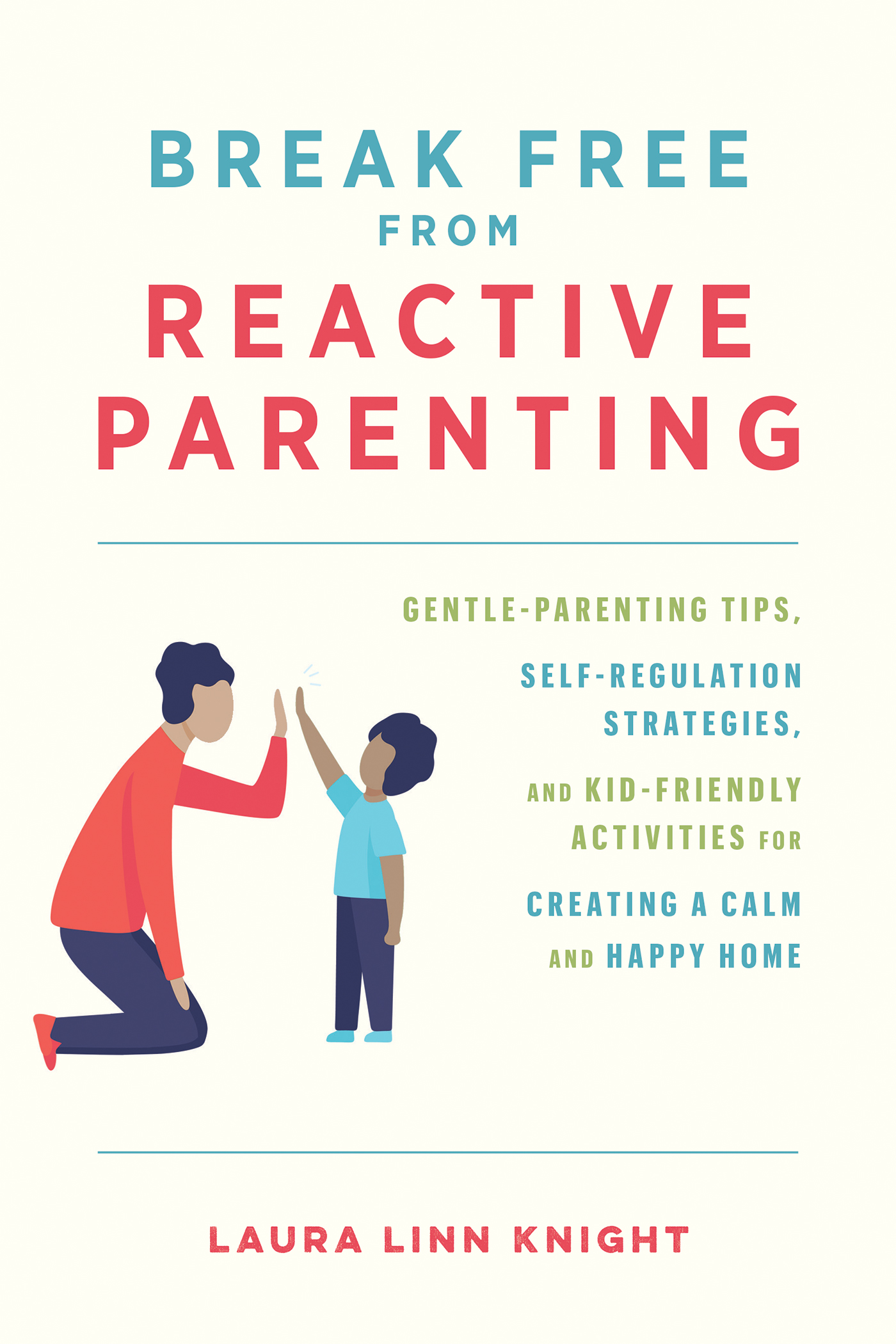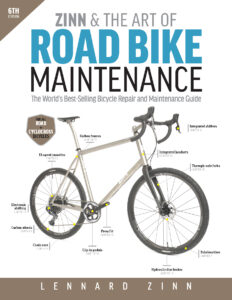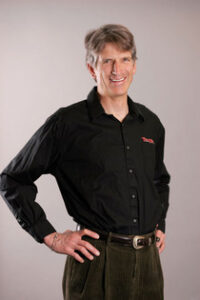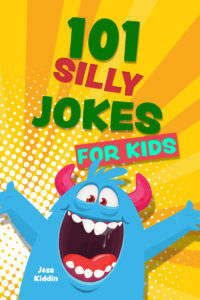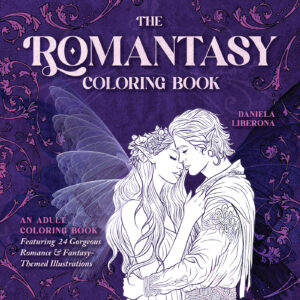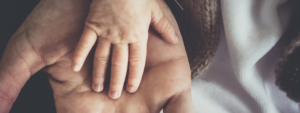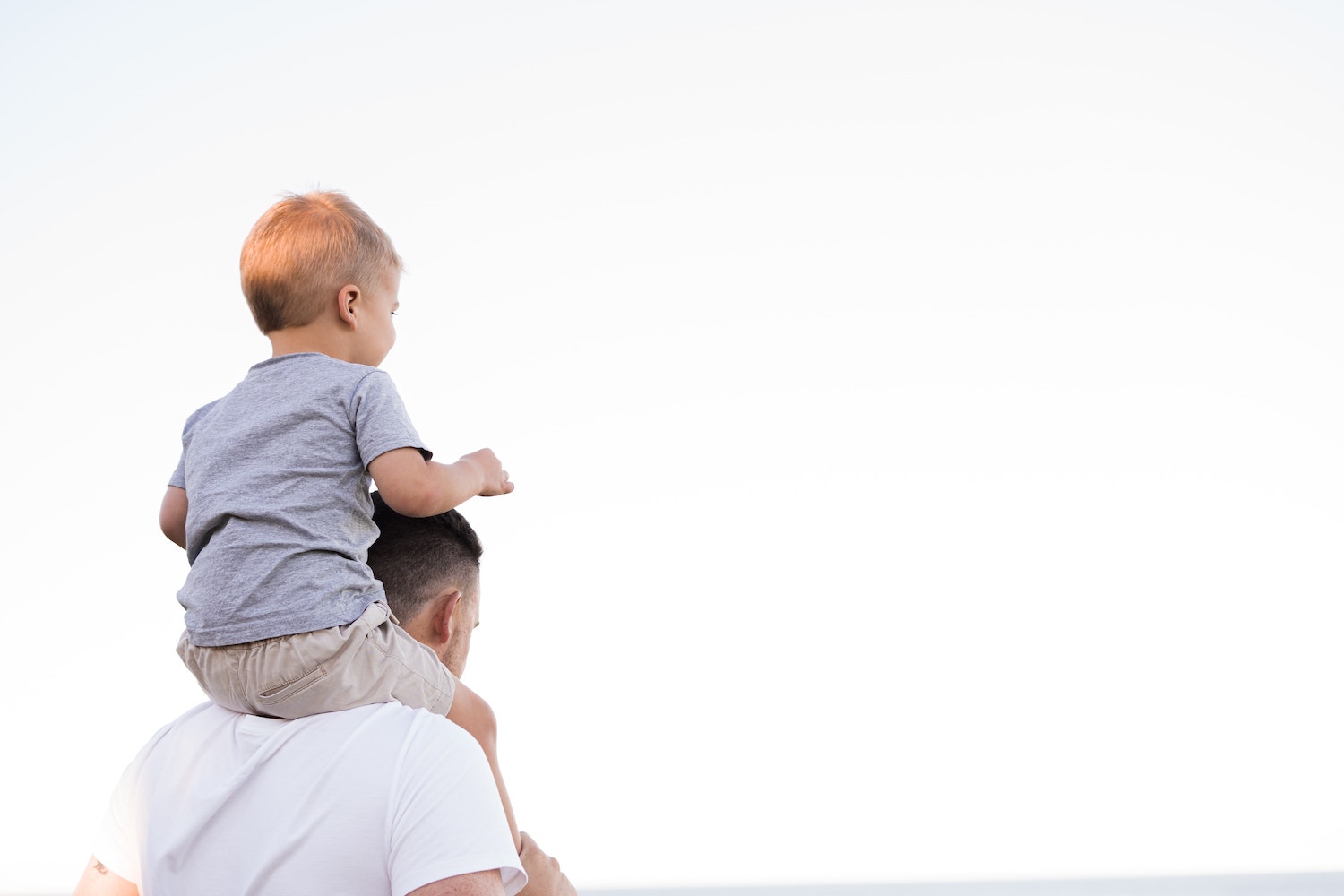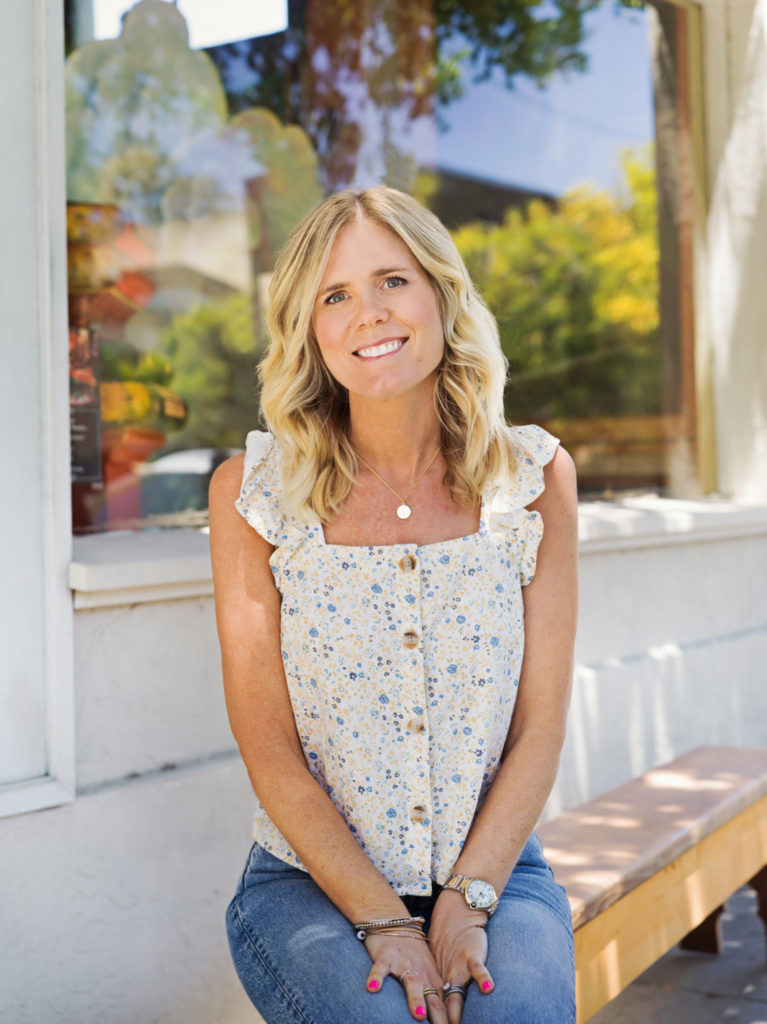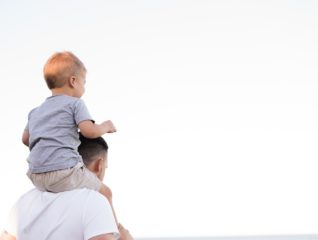
Reactive Parenting: Author Interview with Laura Knight
- Meet the Author
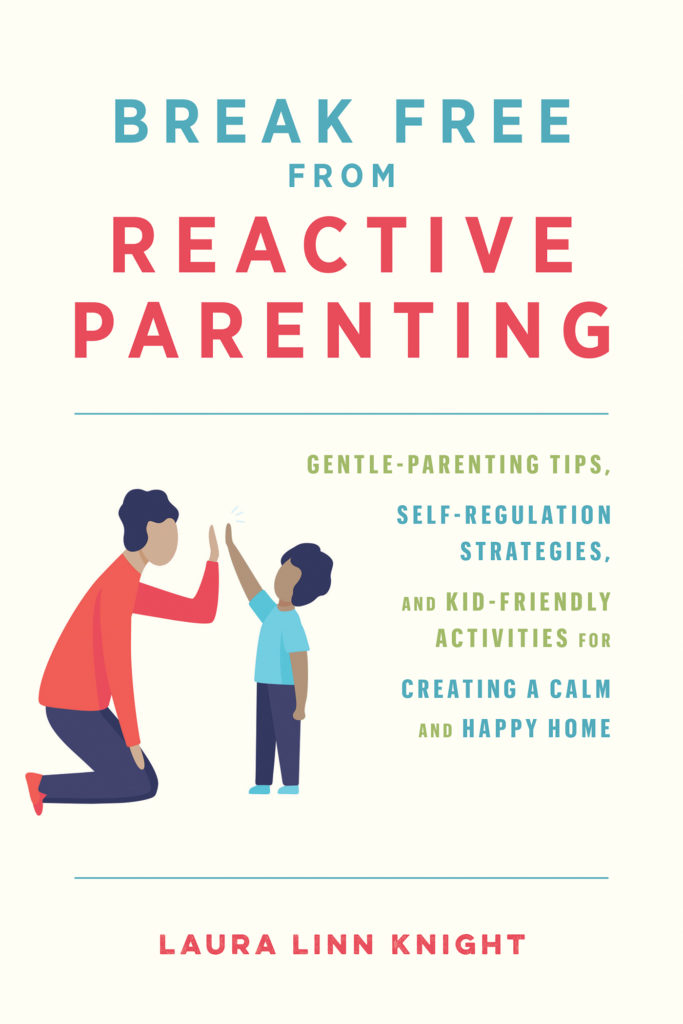 Pretty much every parent has been reactive at some point. Reactive parenting encompasses the negative behaviors that stem from frustration, like yelling, threatening, screaming, and over-rewarding or bribing. It’s difficult not to snap when you’re overworked, overtired, and faced with a child experiencing extremely high emotions.
Pretty much every parent has been reactive at some point. Reactive parenting encompasses the negative behaviors that stem from frustration, like yelling, threatening, screaming, and over-rewarding or bribing. It’s difficult not to snap when you’re overworked, overtired, and faced with a child experiencing extremely high emotions.
But, wherever you are in your parenting journey, there are ways to improve, connect, and find calm in the chaos. Instead of repeating the same patterns, feeling overwhelmed or uncertain of what to do next, today can be the day you let go of the guilt and shame around feeling like a “bad” parent or telling your child they are being a “bad kid.”
Break Free from Reactive Parenting offers up a new approach toward self-regulation and child expression, focusing on the family as a whole to create a calmer, more equitable home environment. Author Laura Linn Knight is an expert parenting educator who has spent years creating a toolbox for parents and families. Read on to meet Laura and learn more about her book!
Describe your book in one sentence.
In Break Free From Reactive Parenting, I give parents a completely new and refreshing approach that encourages the whole family–not just the parent–to adopt self-regulation habits, mindfulness, and practical routines that help everyone work together to create a more peaceful, joyful home environment.
Why did you want to write this book?
I know that so many parents out there struggle with what to do when their child is emotionally unregulated. Or they’re burnt-out from the daily power struggles with their child.
When parents feel like they have “tried everything and more” to help keep their home from succumbing to chaos, most tend to resort to reactive parenting, which is an autopilot-mode parenting approach that typically stems from our emotions or how our own parents raised us.
For example, if you were used to your parents/guardians telling you to “not cry” or “stop screaming or else,” you might use bribing or threatening to try and stop your child’s emotional upset.
However, I find that reactive parenting only leads to negative long-term effects on a family and the parent’s relationship with the child, which can lead well into adulthood.
My stance is to stop the cycle of reactive parenting and take a more mindful approach to parenting so that we’re setting patterns that yield positive results.
I believe that reactive parenting is too common in our society, and it’s time that we BREAK FREE from it! I hope to help families realize that there’s a much better way to parent that doesn’t require us to yell, bribe, or anything along those lines. We don’t have to fight our children’s behaviors–instead, we SEE and WORK beyond it to determine the best way to handle a situation!
What was your biggest challenge while writing?
My biggest challenge with writing this book was finding the time to write it. As I was writing a book about the best ways to support children, I was constantly reminded of the importance of carving out time each day to play with your child, creating/maintaining routines, and the power of play. Thus, it wouldn’t have been right for me to be writing the book and not living in the tools I was sharing. I had to therefore get creative in finding times to sit down and write, while still showing up for my children every day.
What is the most difficult part of the writing process?
Because of my many years of teaching as both a classroom teacher and then as a parenting educator, most of the book flowed through my mind and onto the paper rather effortlessly. I have so many tools to share and they naturally come out when I write (I am so grateful!). However, the parts that were difficult were the narrative writing where I would try to share personal stories in detail or set the stage of a scene. That is a different type of writing craft that I am still exercising and building upon. As I write more books, I am grateful to learn and practice this type of writing more.
Who is your favorite author?
Oh, that is a tough question because I am an avid reader. Some of my favorite authors are Brené Brown, Michael Singer, Peter Levine, Daniel Siegel, Thich Nhat Hanh and Elizabeth Gilbert. I also LOVE children’s books. Some of my favorite children’s book authors are Matt de la Peña, A. A. Milne, Abby Hanlon, Kate DiCamillo, E. B. White, Don Freeman and more.
What is a book that has had a profound impact on you?
The Untethered Soul by Michael Singer had a huge impact on me almost a decade ago because it was the first book that inspired me to awaken to a deeper meditation practice, which in turn, informed much of my work as a parent and a parenting educator.
Have you ever experienced writer’s block? If so, how did you overcome it?
Oh, absolutely! When I had writer’s block, I either took a break and went on a walk to get some fresh air flowing through my mind and body OR I stepped away from the computer to do another task in the meantime. Sometimes, I also like to just freely write what’s on my mind or “brain dump” to get my thoughts flowing again.
What advice would you give to a writer working on their first book?
Break down your information into digestible parts. Don’t overwhelm yourself or your readers with too much information. Stay organized and keep a theme/flow with what you’re writing.
What are you currently reading?
The Myth of Normal by Gabor Mate
Other Current Books I Just Read:
Living Untethered: Beyond the Human Predicament by Michael A Singer
In an Unspoken Voice by Peter A. Levine
The Whole-Brain Child by Daniel J. Siegel & Tina Payne Bryson
What do you like to do when you’re not writing?
I love spending time with my family and taking time to do mindful practices throughout the day. Being outside and in nature is also another one of my favorite pastimes. I also love volunteering at my children’s school and doing hot yoga when I have free time.
What’s your favorite movie/TV show?
Ted Lasso is my favorite TV show! However, truth be told, I watch TV and movies very rarely.
What’s something you’d like your audience to know about you?
I am asked this question often at the end of interviews, and I tend to have the same response. I’m honored to share it here as well! Despite being a parenting educator and having spent years building a calmer home for me and my family, I must admit: I am not a perfect parent. I am human, just like you, and I deal with the joys and messes of parenting on a daily basis. There seems to always be something new to learn and a parenting problem to solve! But here’s the difference between how I respond to those unexpected parenting moments: I choose to use the calming tools I have in my parenting toolbox–even at times when I don’t feel like doing them!
Through my teaching background, researching and understanding child development, and discovering and implementing parenting practices since 2005, the road to becoming a parenting educator opened up for me. Even with my own two children, I have learned so much on how to HELP them–instead of fighting against them (AKA power struggles)–when they are misbehaving, wild with energy, and driving me absolutely nuts. It is in these humbling moments that I get to relate to every parent out there who is trying their best and, deep down, just wants to know how to keep their child happy and themselves sane!
I am so grateful that I discovered and developed parenting tools that not only helped me, but also many other families who have reached out to me and used the same tools! I’m so very happy that I can support parents just like you who feel so uncertain and frustrated with parenting and raising children. I hope the resources I offer will help your family find the calm you so deserve!
* * *
Thank you, Laura, for answering our questions! For more from Laura and to learn about reactive parenting, check out her book, available November 8, 2022!
Break Free from Reactive Parenting
Learn how to be a parent who reacts with patience and kindness instead of anger and frustration and overcome the cycle of reactive parenting. Pretty much every parent has been reactive at some point. Reactive parenting encompasses the negative behaviors that stem from frustration, like yelling, threatening, screaming, and over-rewarding or
Learn more